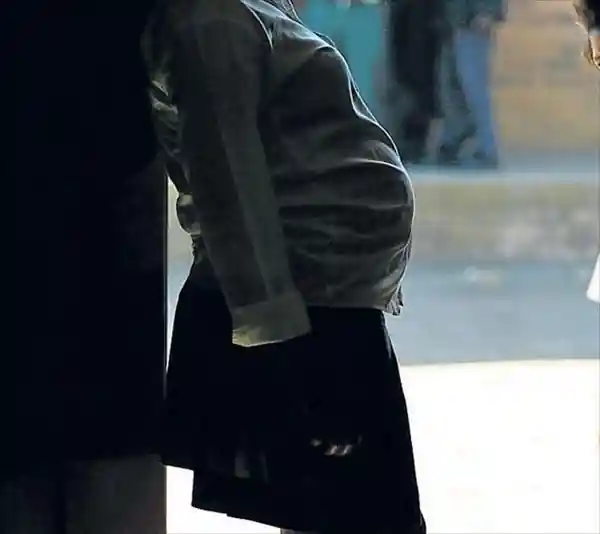Zambia: The government of Botswana has urged the members of the general public to fight early marriages and teen pregnancies in girls. The people of the country should be advocates for continued education especially for the girl-child.
Ministry of Education Permanent Secretary for Education Services Joel Kamoko has madee the call to the general public. It is the responsibility of the people to make sure that they discourage early marriage and teen pregnancies.
The early marriages and pregnancies among girls is not only a causeof concern for the people, it is also a criminal offense. The constitution of Zambia, criminalises any disturbance of a minor especially with respect to child marriage and teen pregnancy.
The Permanent Secretary announced the launch of ‘our rights, our lives, our future (O3 Zambia)’ project. The launch eventwas hosted in Cheiftainess Kawaza’s Chiefdom of Katete District.
“You have gone a step further to say no girl below 20 years old should marry because you want her to go into marriage mature and ready, because marriage isn’t something to play with,” he said.
Further, SIDA Regional Office, Sexual Reproductive Health and Rights (SRHR) Programme Officer Sophie Chassot also shared her views. She said that she was happy to see the traditional leadership working with the other stakeholders to curb the issue.
She was happy to see the government take an active role in the fight against child marriage, teen pregnancy and other forms of Gender Based Violence (GBV).
Chassot further assured her organisation’s continued support towards such efforts. The victim of teenage pregnancy shared that she has been able to go back to school after falling pregnant.
“I became pregnant in grade 10 term three, so because of shame, I decided to stop school. So when I had the child, I noticed that the person that impregnated me was not involved in any profitable venture and my parents are also not well to do.
“So, that’s when my parents advised me to go back to school. I went back to school and I am now in grade 11,” she said.
The project majorly funded by the Swedish International Development Cooperation Agency (SIDA). The other partners of the project include:
- The United Nations Educational, Scientific and Cultural Organisation (UNESCO)
- United Nations Population Fund Agency (UNFPA),
- Young Women Christian Association (YWCA),
- Regional Psychosocial Support Initiative (REPSSI)
- The Ministry of Health in the government of Zambia.

